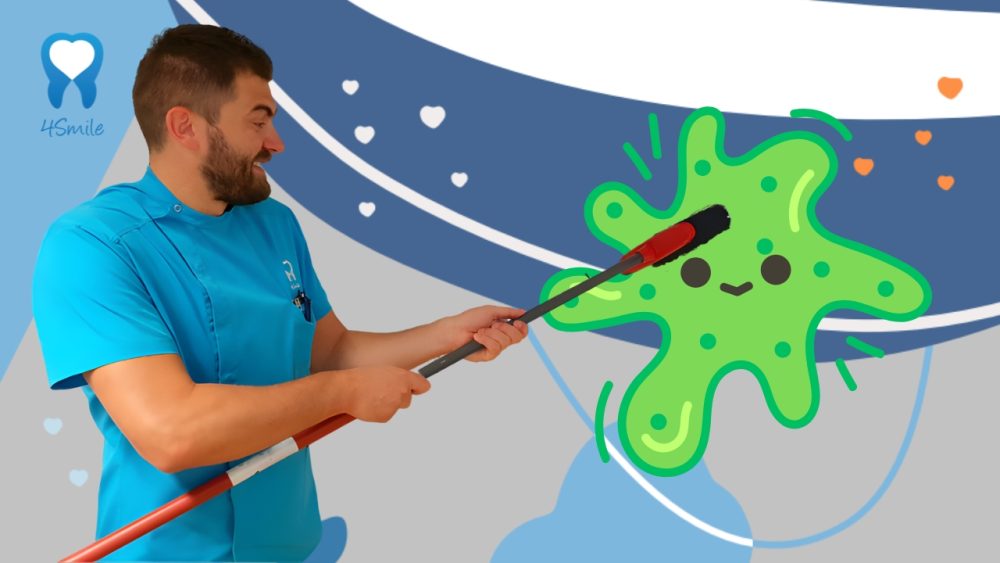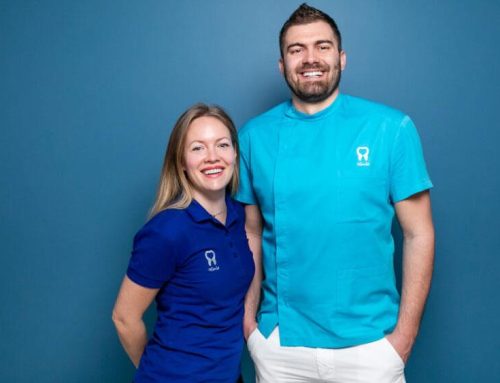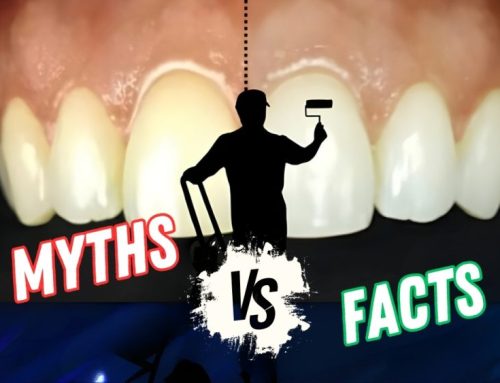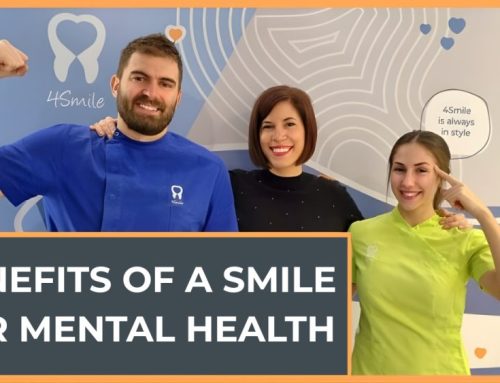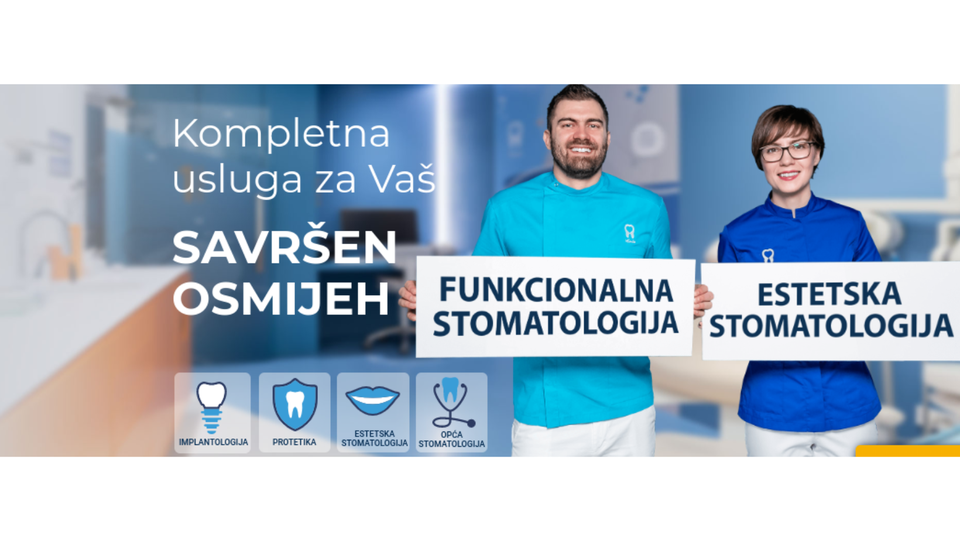Is tooth decay contagious? This week’s blog from Dental Center 4Smile brings you an answer that might surprise you!
Most people believe cavities are caused by sugar and poor oral hygiene. While these factors do contribute to tooth decay, the real source is something that can actually be “contagious.”
In a way, tooth decay is “contagious” because it’s caused by a bacterium called Streptococcus mutans, which can be transmitted through saliva.
Mutans are a group of related bacteria that cause cavities. Some strains are more prone to causing decay than others. The bacteria consume leftover sugar in the mouth and convert it into acid, which damages the tooth’s hard enamel.
Plaque is a combination of sugar, food debris, bacteria, and acids. When plaque isn’t removed regularly by brushing and flossing (or using an oral irrigator), it hardens and turns into tartar. This can result in tooth decay – and eventually, cavities!
Who most often “catches” tooth decay?
Although genetics play an important role in how strong our teeth are, bacteria passed from parents to children are a much more likely cause of cavities. Baby teeth are more sensitive, and small children usually haven’t yet developed proper brushing techniques – which makes their teeth far more prone to decay.
How to prevent “catching” cavities
-
Avoid sharing utensils
Families share everything – bathrooms, clothes, food, and more. But maybe it’s time parents stop sharing utensils with their children…
You wouldn’t share a toothbrush with your child, so why share a fork?
These items carry bacteria from our mouths and can spread them to other family members. Next time you want to share a bite of “something yummy” with your little one, tell them to grab their own fork!
-
Don’t drink bottled water
You might also consider switching your family from bottled water to tap water. Most tap water contains fluoride, which helps teeth build resistance to plaque.
-
Clean pacifiers in the sink, not with your mouth
If your child’s pacifier has food residue from a previous meal or falls to the floor, it should be cleaned under running water with soap. Many parents get used to cleaning pacifiers by putting them in their own mouths first – but this is A MAJOR NO-NO!
That way, you’re only contaminating the pacifier with your own bacteria, and you could even infect yourself with something the pacifier picked up from the floor!
-
Maintain regular oral hygiene and dental visits
Show your child how to take good care of their teeth by brushing regularly. Not only will you reduce the risk of spreading bacteria, but you’ll also set a great example for your kids.
Also, make sure to visit your dentist in Zagreb regularly so cavities can be treated in time – before they cause too much damage or turn you into a potential “carrier” of bacteria.
